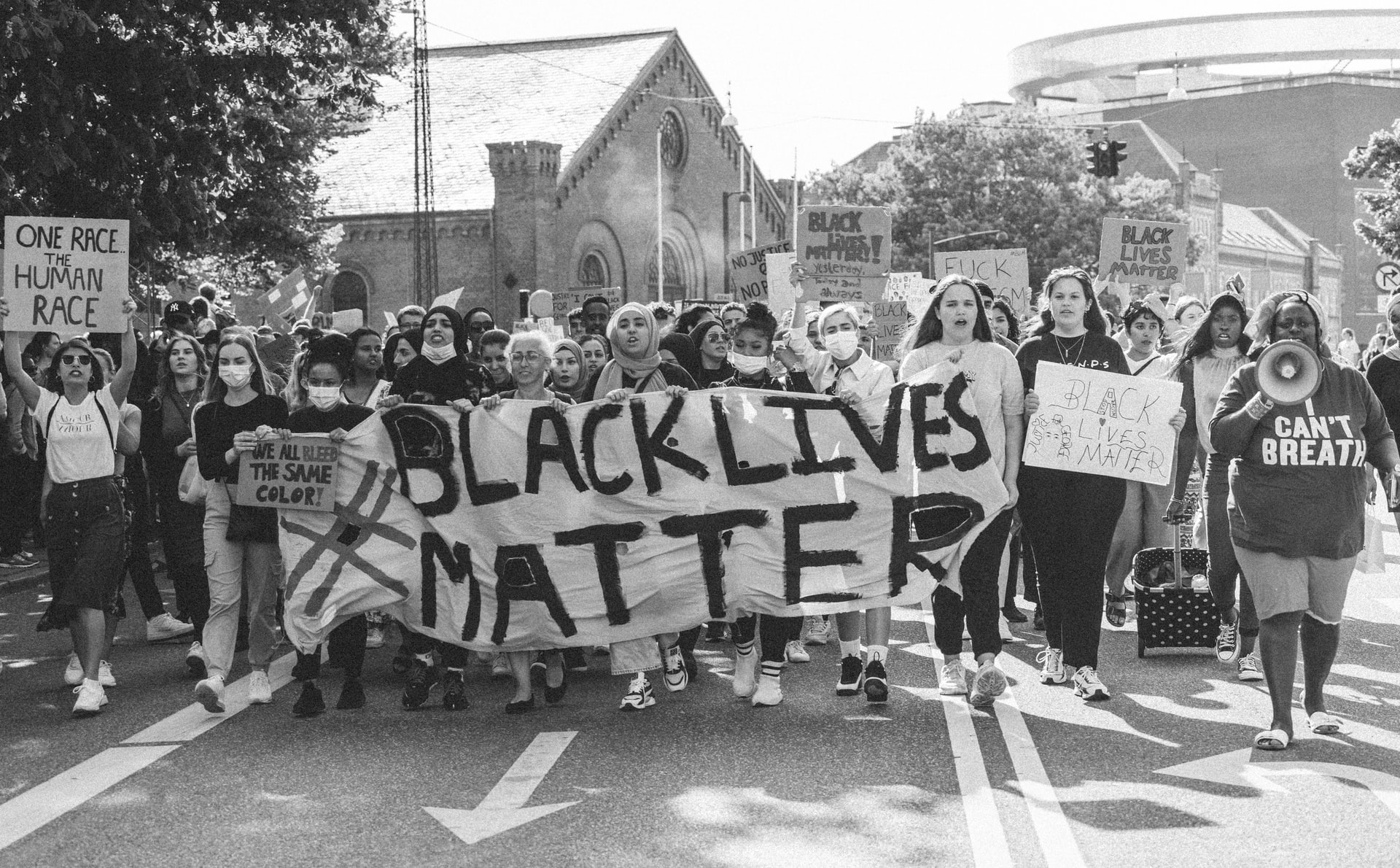
I’m very dark-skinned, even by Ugandan standards and I travel a lot, but the only place I ever feel safe is when I’m in Africa. I love Emirates, but every single transit through Dubai is a nightmare of resolutely ignoring stares, hushed whispers and pointing, sneering adults.
It doesn’t help that I’m tall, so I stand out like a sore thumb in almost all crowds. I always joke with friends that if we ever get lost in a huge crowd, all they have to do is look for me.
I am, in very, very many ways, hard to ignore. Especially because I’m very dark-skinned.
Every trip comes with the mental preparation for the fact that I will be judged first by of the color of my skin.
Not by the decades of experience. Not by the skills I have acquired. And not by the impact of our work.
But judged by the one thing I have no control over: My skin.
I’ve never felt comfortable walking down the streets of the United States, because I am ALWAYS afraid.
The month Trump won elections, I was with a group of friends in Atlanta, and I remember us saying that if anything happened, our white friends would form a shield around us.
I’ve never felt more aware of the color of my skin than when I was in India, walking alone through a mall in Mumbai, and people pulled out their cameras to start filming me, laughing with each other. Or when I went to this school and the teachers pulled the kids away from me.
Or the incredible relief I felt that one time, deep in a rural American town, when I was hanging out with a bunch of awesome white American friends at a store, and I finally saw a black person for the first time that day.
Racism can be overt, aggressive, and it can also be subtle and nuanced to the point where you may never realize it.
Like back in the day when my friend Kizito and I used to joke that maybe we should hire a white person to be the face of our company so we could get more business.
Or being in a meeting with a white consultant who was guiding and advising us, and everyone in the room addressed the white person, for almost the entire meeting, until I spoke and they realize that I’m actually the one in charge of the company.
Or being in conversation or discussion and being ignored because I couldn’t possibly have anything of value to add, until I speak and then suddenly its all about whether I went to school in the US or if I really grew up in Africa.
I have an entry in my journal that’s filled with rage because we lost a competition where we were hands-down the most qualified organization to drive consistent, long-term impact, but the organizations that won were all African organizations… with white leaders.
I have had conversations with potential funders in which it was obvious within a few minutes that my funding request wouldn’t go far because I didn’t LOOK like someone they could trust with their money.
I would never be given the chance to prove that we knew what we were doing.
And yet, in all this, I am privileged. Why? Because I have the option of walking away and choosing better people and places to direct my energy.
But my biggest privilege? I know that when I come back home, I’m not going to get killed just because of the color of my skin.
Racism can be subtle, nuanced and harmless. But it can be overt, aggressive, and increasingly, fatal.
Our experiences will always be subjective, and we’ll all point towards the data that suits us to frame the arguments that support our own biases and privileges.
But when someone stands up and screams their lungs out at the injustice, when someone is afraid that each day their child walks out the door, they may not return home, you listen.
When someone tells you that they are being murdered in their own homes, you f***** listen.
So when people are out on the streets fighting for justice and raging against centuries of oppression, I support without reserve because I know that even though I have my own problems at home, in my country, it doesn’t erase their struggle and their fight for social justice.
And I know that racism can be a slow, nefarious, centuries-long campaign to prove that someone is inferior because they LOOK different. And that is then used to subjugate them, re-write their history and erase their identity. And ultimately, create a narrative perpetuated across the entire world.
And I know that racism can also violently culminate in a single moment of blinding hatred for a race that leads to a man being killed as they beg for mercy, as a grown man cries out for his mother, ignored by the law, even as cameras roll and people watch.
